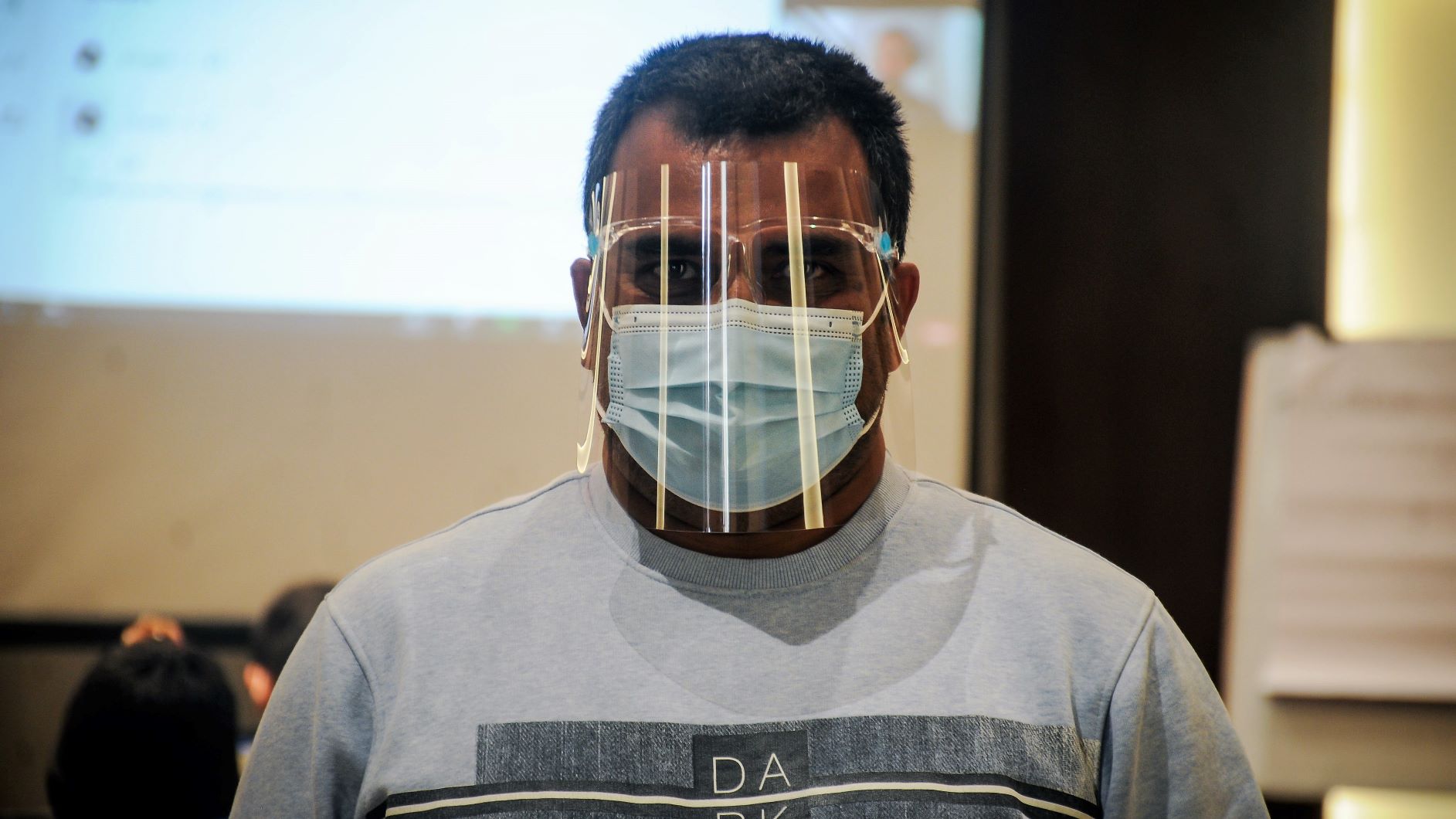Easy to say – blogs are a form of citizen journalism. It looks like a mid-way for all those supports and/or criticize the theory that believes blogs are a form of journalism. What I dislike about it is not the views or the definition of the citizen journalism itself but the way people, even citizen journalists, believe the implementation of it by the mainstream media.
Wikipedia defines citizen journalism as:
act of citizens playing an active role in the process of collecting, reporting, analyzing and disseminating news and information
It also adds that JD Lasica, a citizen media theorist, classified media for citizen journalism into five types in his article in Online Journalism Review.
1) Audience participation (such as user comments attached to news stories, photos or video footage captured from personal mobile cameras, or local news written by residents of a community),
2) Independent news and information Websites
3) Full-fledged participatory news sites (OhmyNews),
4) Collaborative and contributory media sites (Slashdot, Kuro5hin),
5) Other kinds of “thin media.” (mailing lists, email newsletters), and
6) Personal broadcasting sites
When citizen journalism is defined, people tend to give examples and those examples generally comes in the form of mainstream media. Like one published in The Kathmandu Post:
Is Kantipur or any other mainstream media giving out more space to the letters to the editor is integration of citizen journalism? Or Kantipur Television (or other television’s vox populi) Janmat an integration of citizen journalism? For me, it’s a big NO.
For me to be a citizen journalism or citizen journalism initiatives, the content (news or views) provided by the citizens have to be published without censoring and selection (all those that are socially okay in terms of language). Do the mainstream media’s letters to the editor section follow that ideal? Or can people go to television’s station asking for promotion of their ideas?
Let’s think about it.
Further reading:
The 11 Layers of Citizen Journalism


